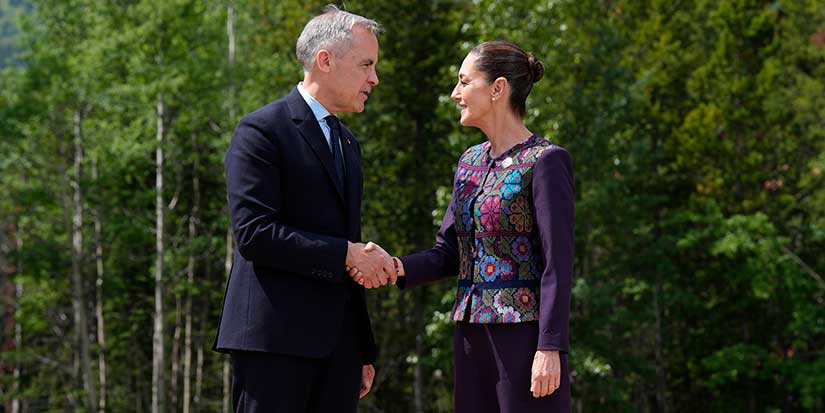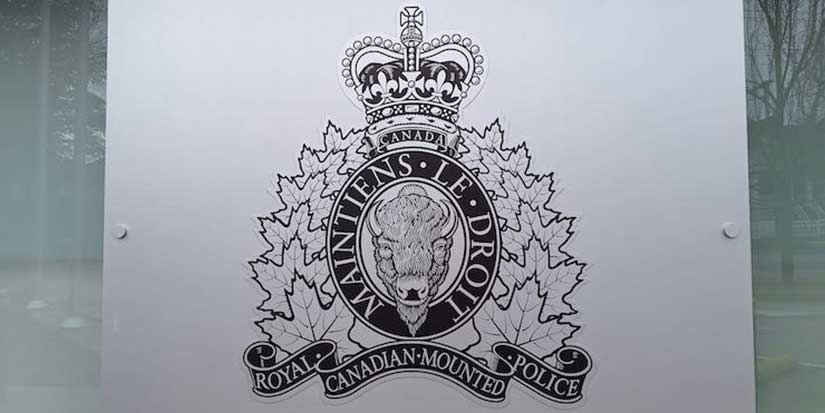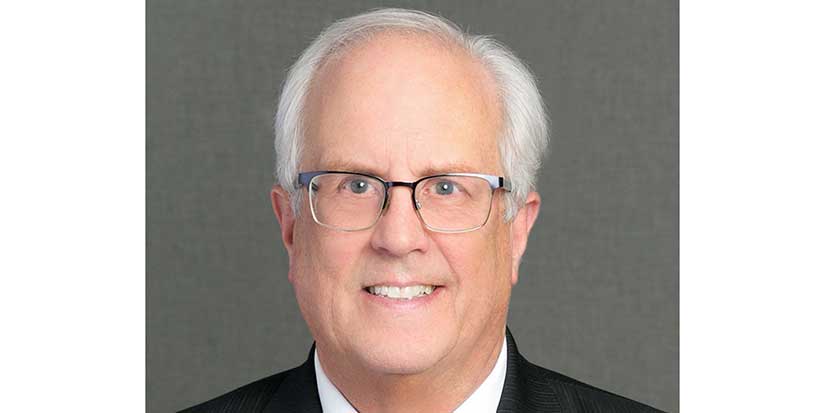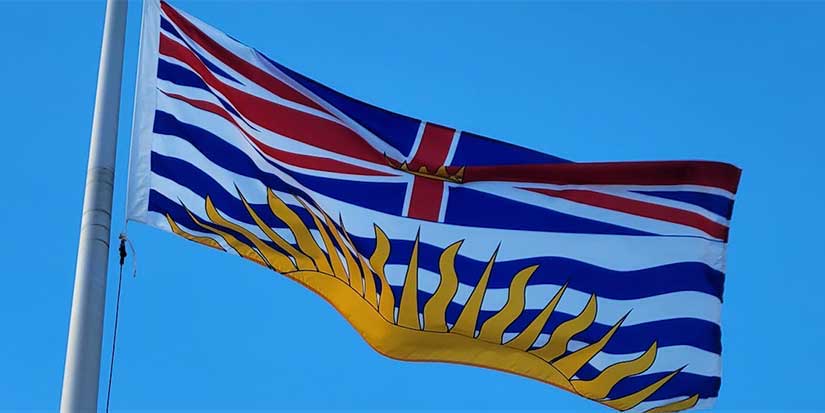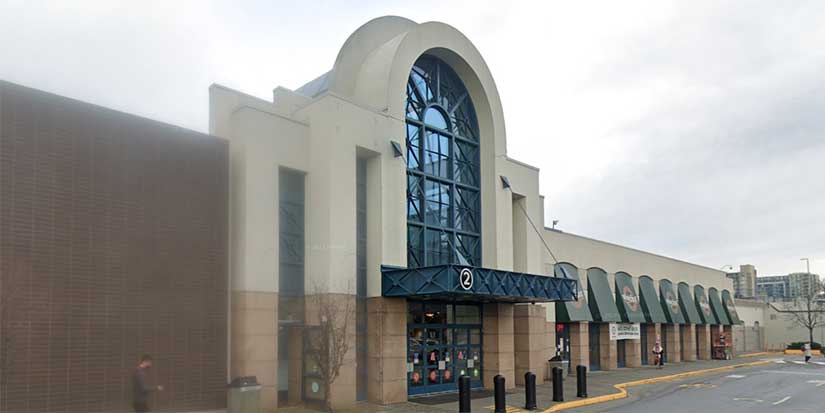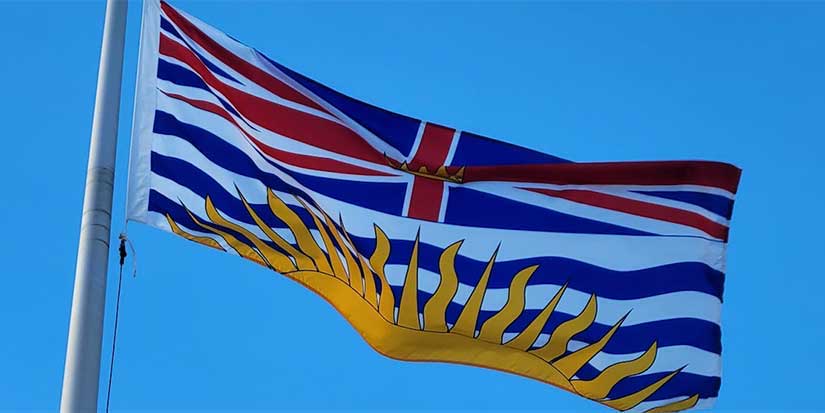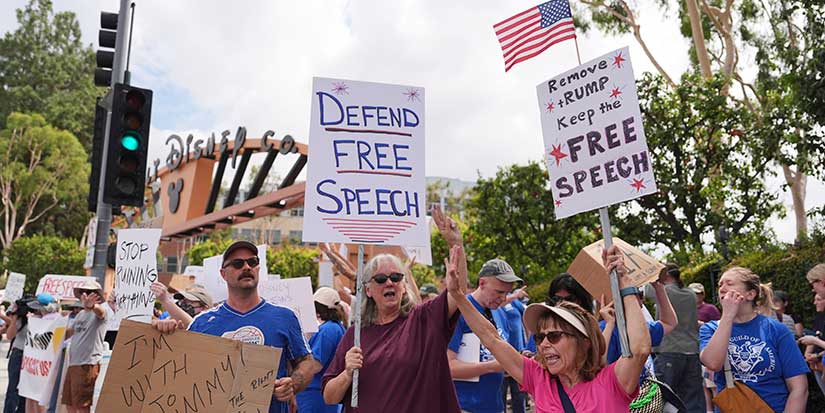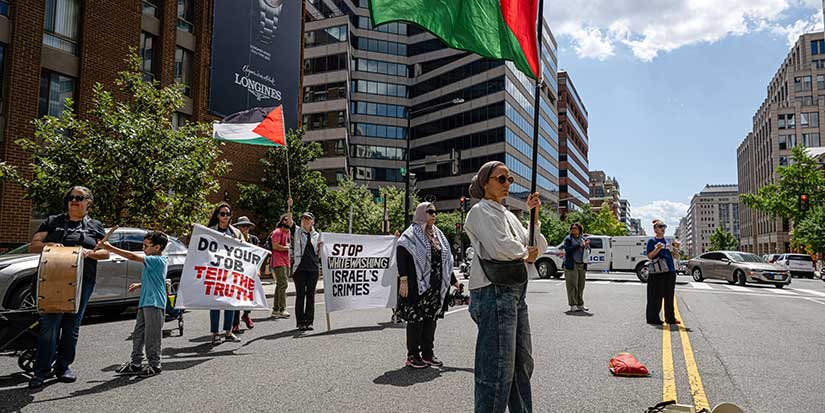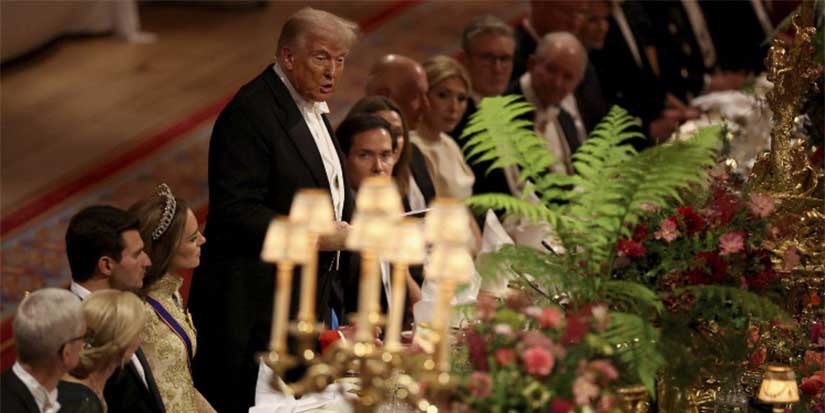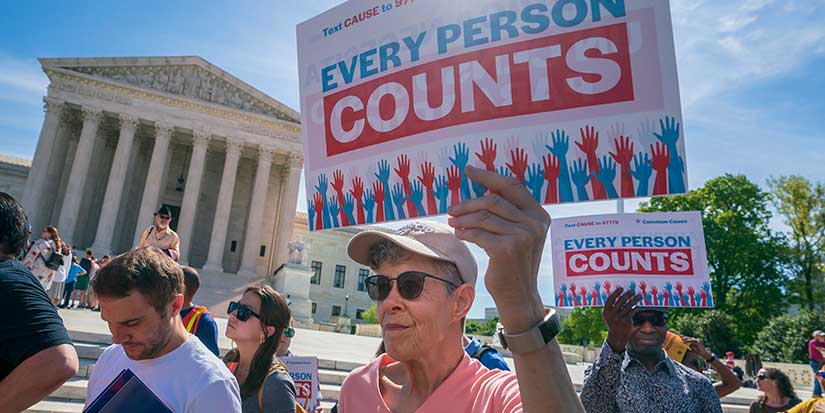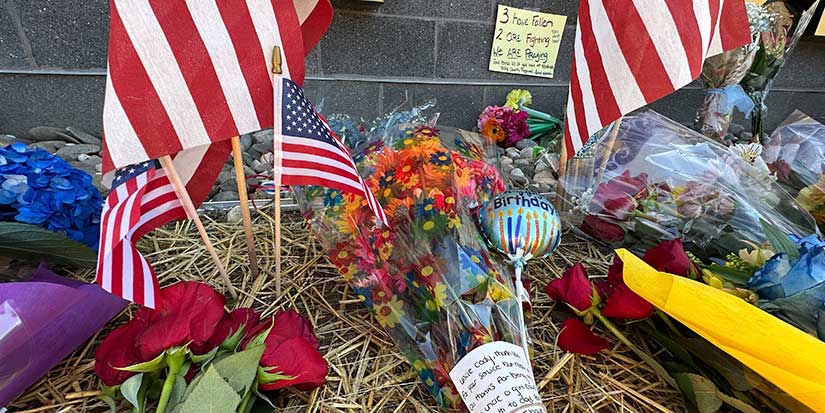National News
Canada, Mexico to sign strategic partnership agreement
Published 10:24 PDT, Thu September 18, 2025
—
Prime Minister Mark Carney is expected to sign a strategic partnership agreement with Mexican President Claudia Sheinbaum during his visit to Mexico, which starts today.
Carney departed Ottawa for Mexico City shortly after 8 a.m.
The agreement will cover infrastructure, trade, health, agriculture, emergency preparedness and security, senior government officials say.
Carney's two-day visit to Mexico City is happening as Ottawa seeks more trade with Mexico in response to the United States' trade war, and as both countries brace for the renegotiation of the continental trade deal linking all three economies.
It follows an August trip to Mexico by Foreign Affairs Minister Anita Anand and Finance Minister François-Philippe Champagne to discuss economic growth, security and trade. They were joined by a delegation of Canadian and Mexican business leaders.
Senior government officials say Carney and Sheinbaum will participate in a one-on-one meeting today, followed by a working lunch with Anand, Canada-U.S. Trade Minister Dominic LeBlanc and Carney's parliamentary secretary Rachel Bendayan.
That meeting will involve discussions on how Canada and Mexico can work together to combat drug and firearm trafficking, and other activities linked to organized crime.
Carney and Sheinbaum are also expected to discuss co-operation on security, with the aim of establishing regular communication and collaboration between the two countries.
Solange Márquez is an expert in diplomacy and global governance and a professor at the National Autonomous University of Mexico and the University of Toronto. She said both Mexico and Canada have been anxious to rebuild their relationships with the United States and have shown little recent interest in their bilateral relationship.
"We are seeing each other more like competitors than friends. Both countries are trying to get into the U.S. market, both countries are trying to be more friendly with the White House," she said.
That's especially true when it comes the automotive sector, which plays a large role in the economies of both countries, she said. The administration of U.S. President Donald Trump is attempting to draw more automotive manufacturing into the U.S. through the use of tariffs on Canada and Mexico.
Mexico also took notice of some heated language coming out of Canada after Trump accused both countries of turning a blind eye to fentanyl trafficking last year.
Ontario Premier Doug Ford said last November that "to compare us to Mexico is the most insulting thing I have ever heard," while then-prime minister Justin Trudeau voiced concerns about Chinese investments in Mexican supply chains.
Sheinbaum shot back days later, stating that her country "must be respected, especially by its trading partners" and that Canada "could only wish they had the cultural riches Mexico has."
Márquez said Mexico was initially upset by those statements but "that is in the past." She said Carney is seen in Mexico to be strengthening the relationship and making Sheinbaum's government feel respected.
"For Sheinbaum it's a completely different relationship than the one with Trudeau," Márquez said. "They understand each other very well."
Senior government officials agreed, saying the relationship has been "positive" since Carney took office. They also pointed to Carney and Sheinbaum's shared goal of increasing domestic production and making their economies more resilient.
Márquez said both leaders still need to come to the table with clear objectives, such as ensuring Mexico and Canada stand united as the renegotiation of the Canada-U.S.-Mexico trade pact approaches.
Trump may attempt to divide them in order to secure a better deal for his country, she said.
Conservative Leader Pierre Poilievre accused the Liberals last month of failing to secure a bilateral trade deal with Mexico. But the Carney government says it has never sought a two-way deal with Mexico that excludes the U.S.
When asked where Poilievre got the idea, his office said it was based on Sheinbaum being asked by local media whether she wanted a bilateral deal with Canada.
Last week, when asked whether she and Carney would be discussing the looming renegotiation of the Canada-U.S.-Mexico trade pact, Sheinbaum noted that Mexico and Canada engage in a lot of two-way trade and investment.
She told a Wednesday press conference that Carney's visit isn't meant to undermine the continental alliance.
"All three countries want to maintain (the trade deal), but we want to strengthen trade with Canada," she said in Spanish. She added that Mexico also wants Canadian mining companies to do a better job of complying with Mexico's environmental regulations.
Ottawa says that the bilateral trading relationship is growing, citing almost $56 billion in two-way merchandise trade in 2024 and $46.4 billion in direct investment in Mexico.
Márquez said Carney will be spending a significant amount of time in the National Palace, suggesting he's taking the time he needs to negotiate and understand Mexico's position.
Sheinbaum said she expects to work with Carney on "various themes," including "strengthening trade through sea and ports."
While Sheinbaum and Carney both have backgrounds in climate policy — Sheinbaum as a climate scientist and Carney as a former climate envoy to the United Nations — Márquez said she doesn't expect climate change to be a major focus of their meetings.
Energy could be on the table, Márquez said, noting Mexico understands the importance of renewables and mining.
Sheinbaum is also trying to navigate ties with China after recently announcing tariffs on Chinese cars and other goods in response to U.S. pressure. Analysts have noted that Mexico did not immediately secure gains from Washington after announcing the policy.
Canada, Mexico and the U.S. have not held a North American leaders’ summit since the one in January 2023 in Mexico City.
Ottawa was set to host the event — commonly called the Three Amigos summit — in 2024, but it was sidelined by elections in the U.S. and Mexico and the political tumult that faced Trudeau at the time.
Senior government officials said Wednesday they are not currently planning another summit, citing a lack of interest from all three countries.
– Alessia Passafiume and Dylan Robertson, The Canadian Press
